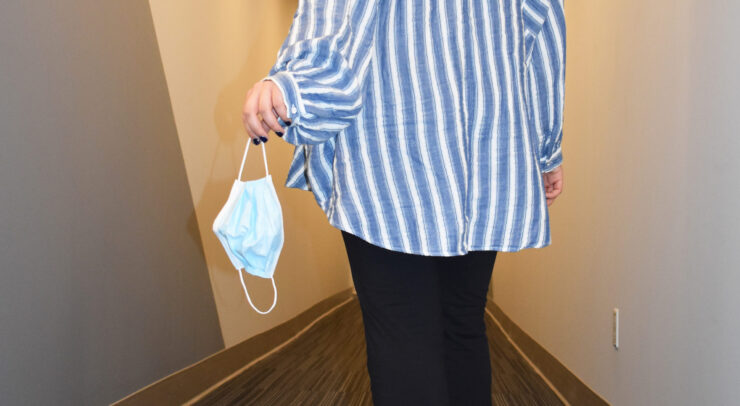Missing in action
At the start of the Winter 2021 semester, I learned a crucial piece of information: Zoom records a list of attendees in a meeting. I discovered that my professors were using this feature to keep track of attendance. As a result, I developed a very loose definition of what counts as “attending class”. What I considered attending class ranged from sitting at my desk with my camera on and participating extensively in class discussions, to opening my computer, logging on to my 8:30 a.m. class with my camera off, then going back to sleep.
In an in-person lecture, a student found sleeping in class would be skipped over in attendance and marked absent, despite being in the room, since they obviously weren’t paying attention to the class. Since professors have no idea what students are doing when they have their cameras off and microphones muted, they have to rely on the Zoom attendance list.
This got me thinking about class attendance policies for when the U of O eventually returns to a full in-person course offering. Right now, the University’s policies give professors the choice to track attendance. In my experience, less than half of my classes have tracked attendance.
Since professors know that many students won’t attend lectures if it isn’t required to pass, many try to encourage attendance and participation as much as possible. Most of the syllabi for my courses have included something along the lines of ‘you will not pass this course unless you do the assigned reading, and attend lectures regularly,’ which is usually a scare tactic.
Yet, if students are doing well on assignments and exams without going to class, why should their attendance be regulated? I don’t think it should.
As students in the 21st century, we have access to a world of knowledge outside of what we learn in the classroom. For many, a university degree is just a formality — but that’s a conversation for another day. For example, if a student can learn the same material through a medium that makes more sense of them individually, they shouldn’t be penalized for not attending a lecture.
Besides, even if class attendance is mandatory, there’s no way for professors to check if students are mentally present in class. We’ve all been there: you have a 7 p.m. to 10 p.m. lecture, but something is due for another course at 11:59 p.m., so you prioritize working on the assignment.
If you go to class, but are working on something else the entire time, did you really mentally attend class? Probably not. University students should be trusted to self-regulate and manage their priorities themselves. If attending a certain lecture isn’t high on a student’s priority list, chances are they won’t be mentally present even if they are physically present for the attendance marks.
From a COVID-19 perspective, when the U of O returns to a completely in-person model, if the school does allow professors to make attendance mandatory, there could be public health consequences. As the U of O, the City of Ottawa, and the Ontario government navigate living with COVID-19, university policies should err on the side of caution with mandatory attendance.
By now, most students are well versed in isolation mandates and tracking COVID-19 symptoms, but when it comes to school, I personally know a lot of students who, before the pandemic, would rather go with mild cold symptoms than go through the effort of obtaining a medical certificate (at a cost) and postponing an exam or assignment. This was fine before COVID-19 began, but we are still at risk of another wave happening. Students need accessible ways to practice safe habits while not being penalized for not attending class.
So far, the U of O administration has said they are “prioritizing the basic principles that have guided us since the start of the pandemic.” However, they have not elaborated on what this means for in-person attendance policies. I don’t see the university making attendance mandatory for the 2022-2023 school year. But going forward they should reconsider policies that require students to attend class, given that most students will manage their own time and decide which classes are important for them to attend.





